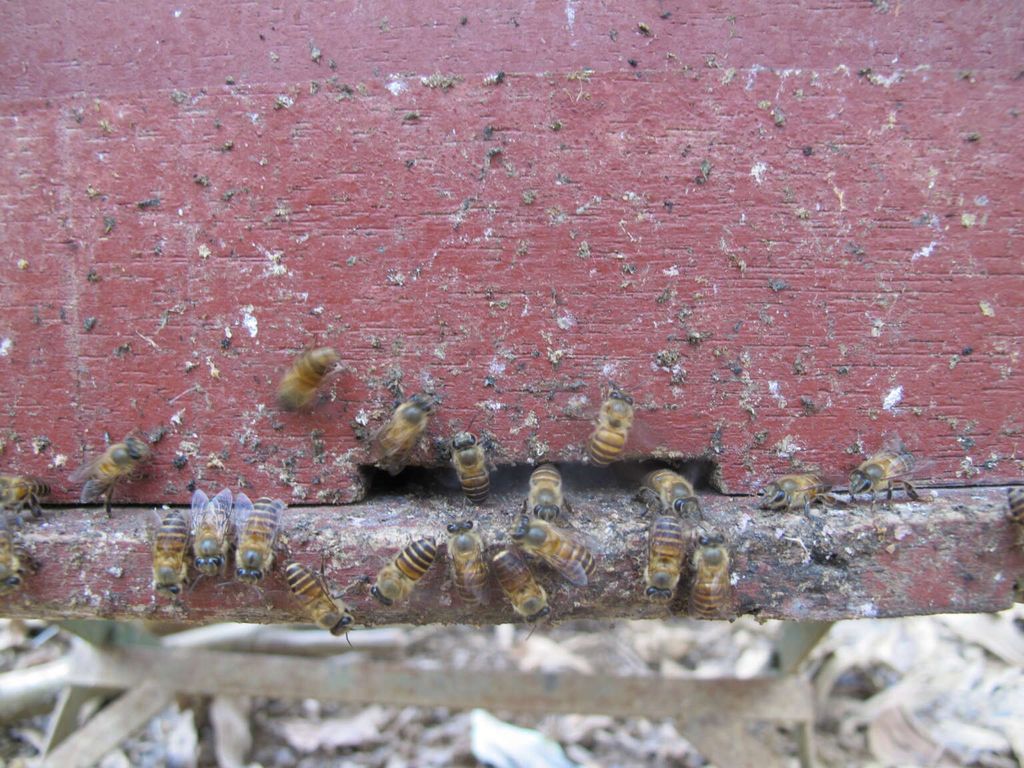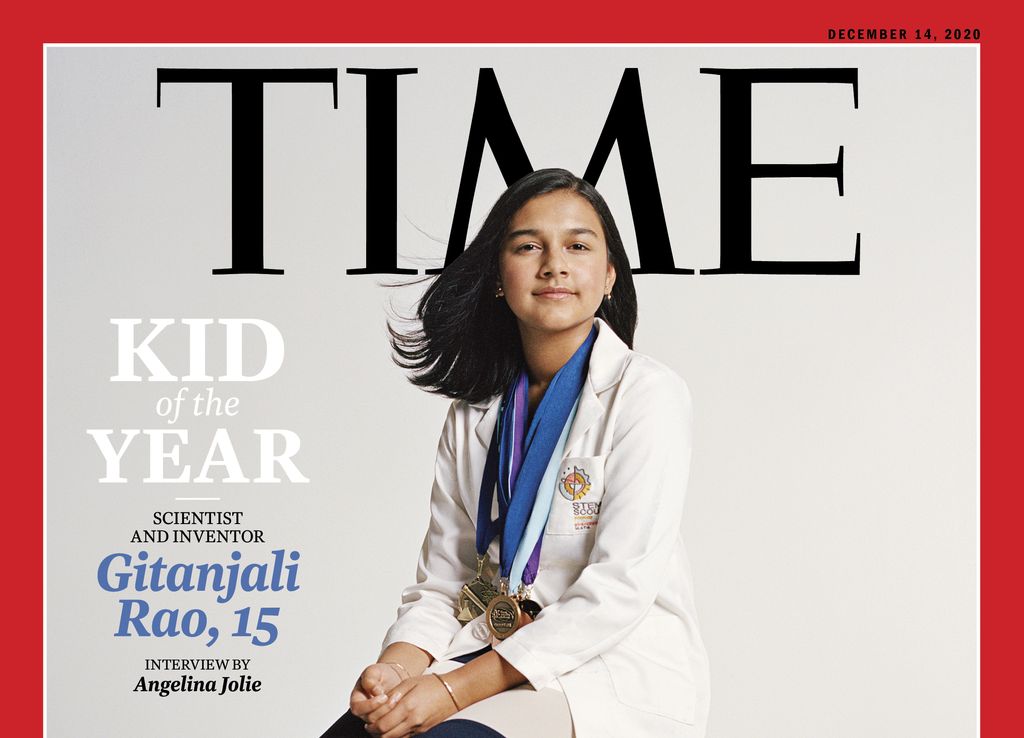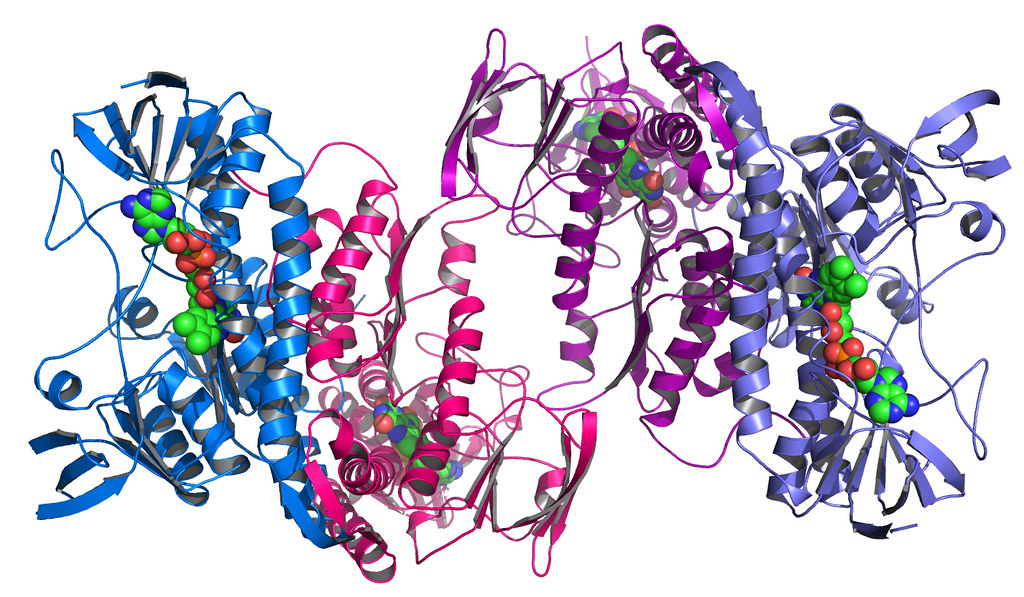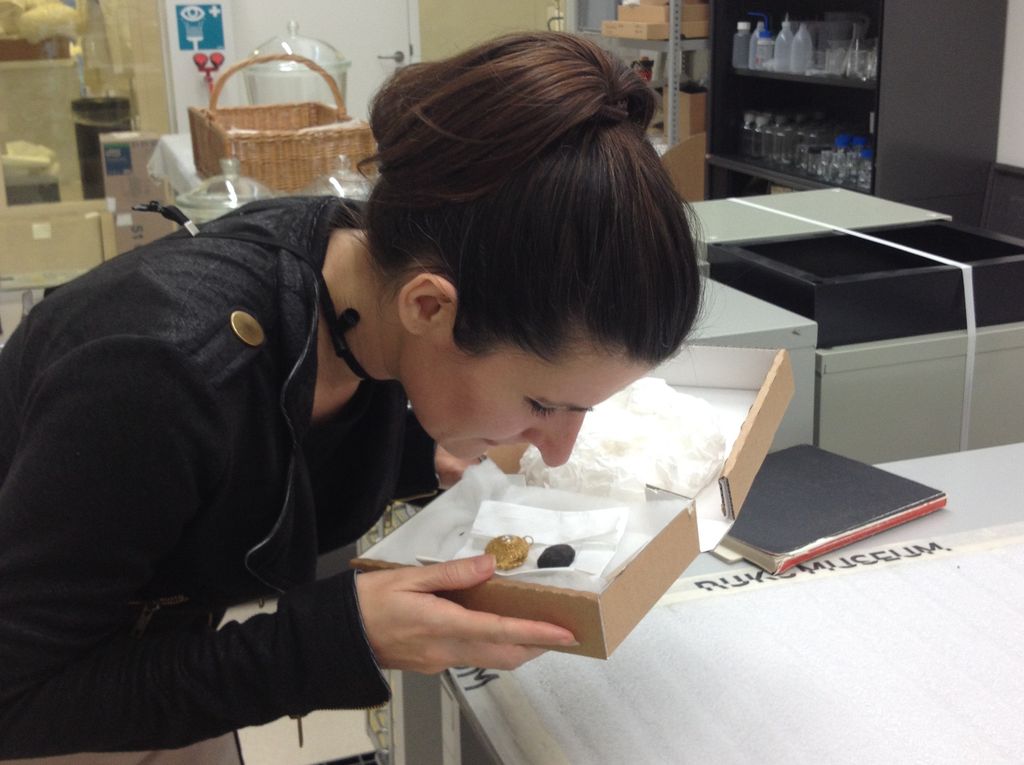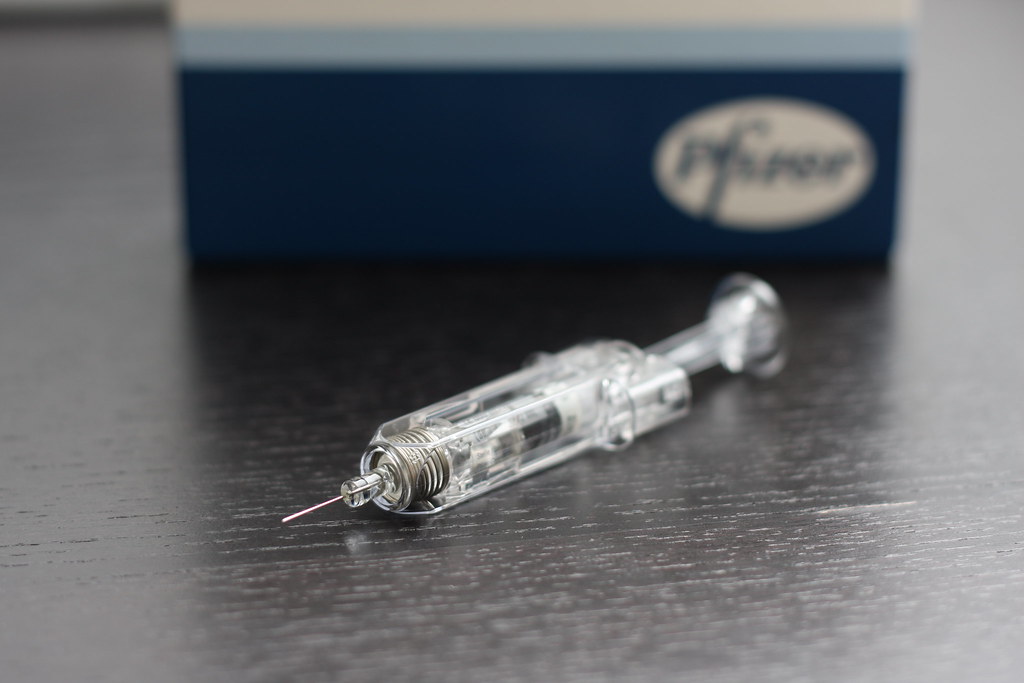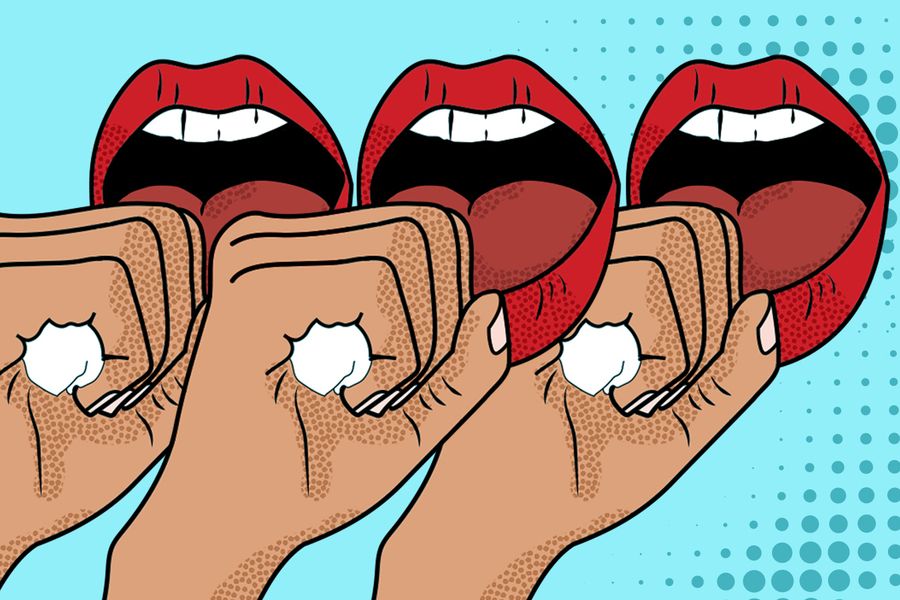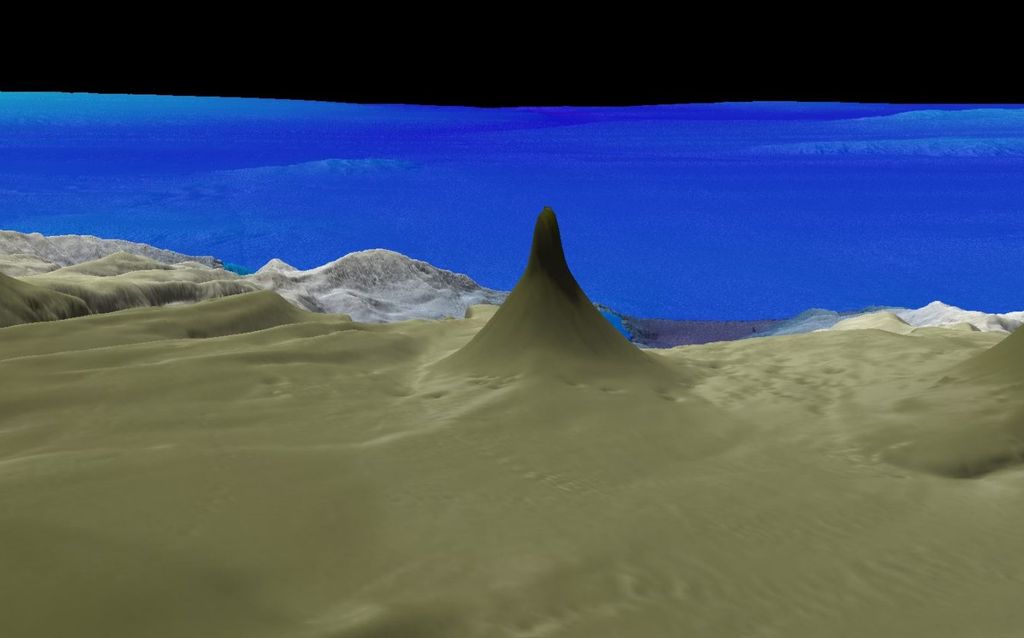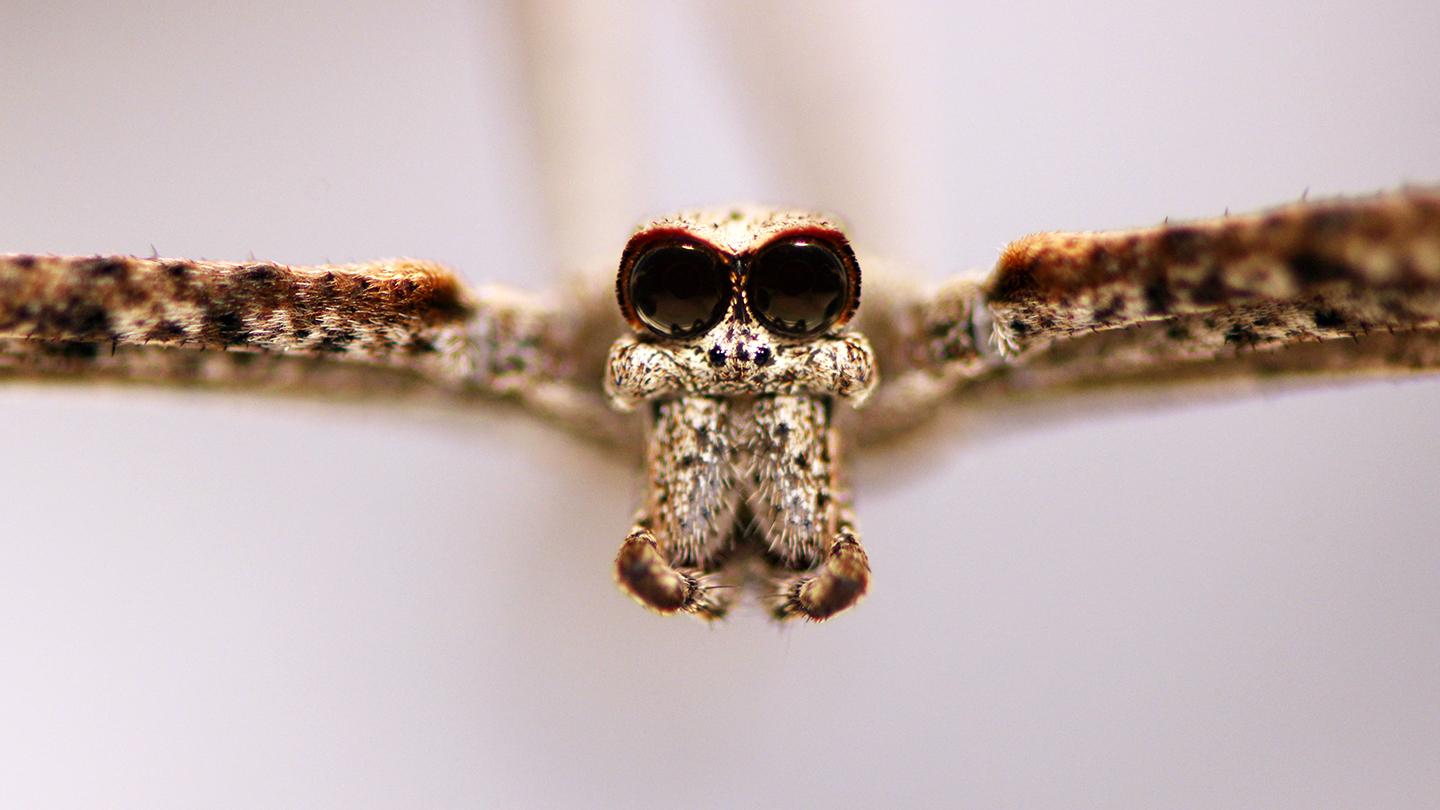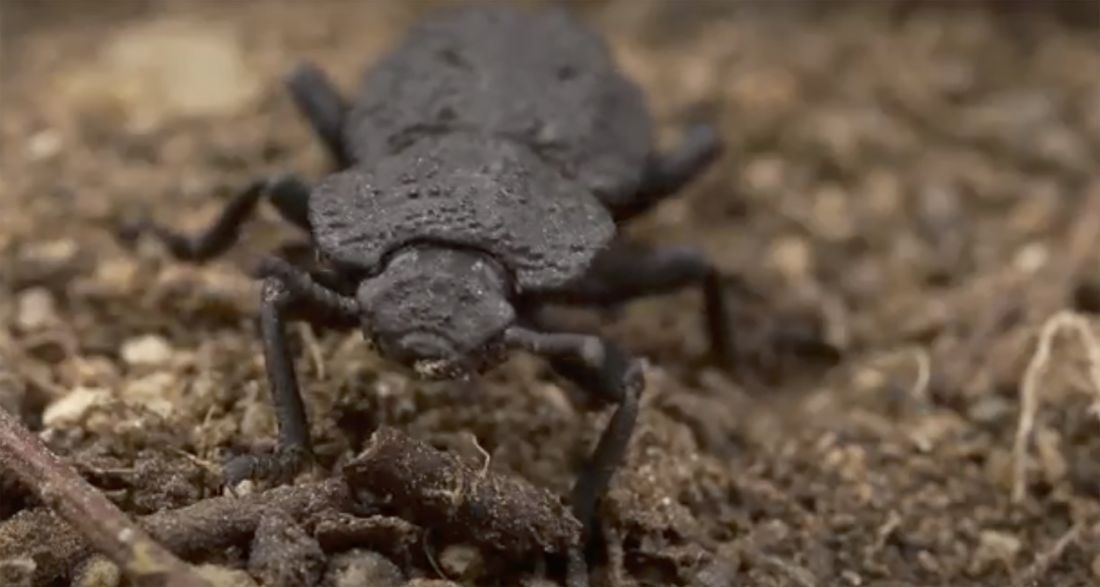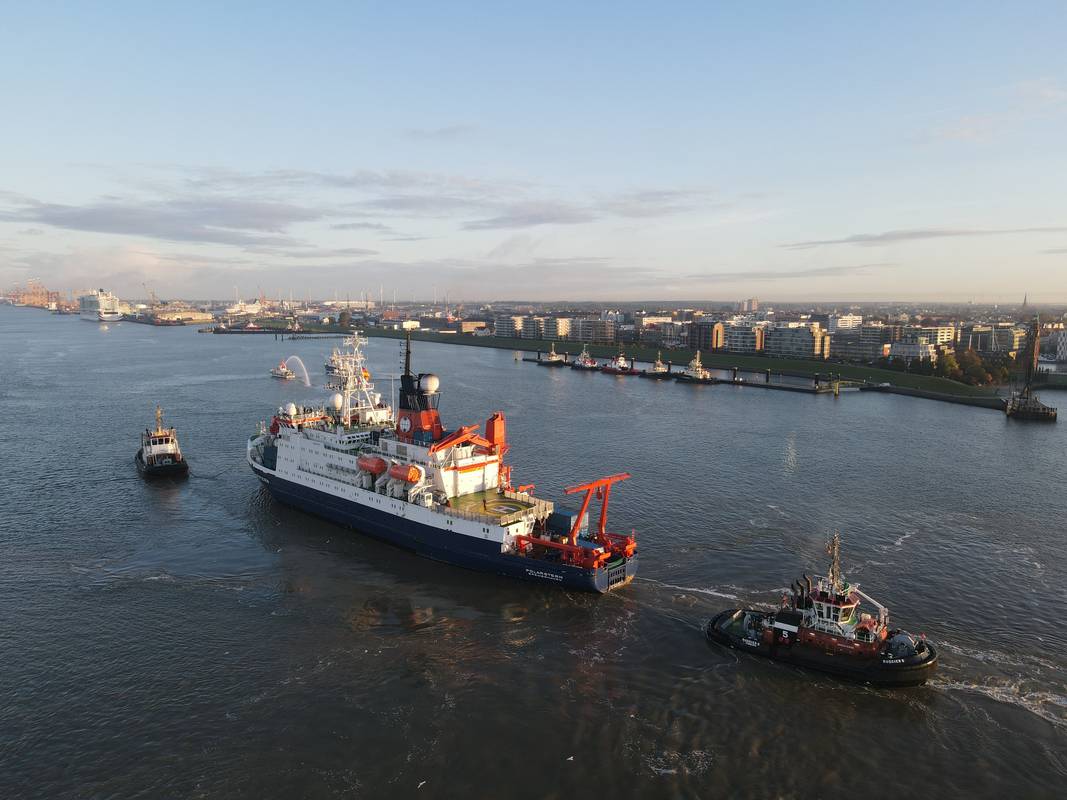Scientists have discovered an unusual trick used by Asian honeybees to protect their hives from giant hornets - putting poop on the hives. The discovery shows how clever the bees are, and could give beekeepers a new way to protect bees.
Posts tagged as “scientists”
Last Thursday, Time magazine announced that 15-year-old scientist Gitanjali Rao was its Kid of the Year for 2020. Gitanjali was chosen from over 5,000 young leaders for her scientific work and for inspiring others to also create change.
A research lab called DeepMind has created an artificial intelligence program which has largely solved a complicated puzzle that has challenged scientists for 50 years. The success could lead to huge advances in health care.
A group of second-year college students have discovered hidden writing on a page from a book from the 1500s. The students found the hidden writing using a special camera system they built.
A group of researchers in Europe have announced a 3-year project to collect information about the important smells of Europe, from the 1500s to the 1900s. One part of the project will be recreating the smells of long ago.
The drug companies Pfizer and BioNTech say the coronavirus vaccine they're developing seems to be 90% successful at preventing people from getting Covid-19. The results aren't final, but the news is much better than many experts expected.
Scientists at MIT have developed a method of telling whether someone has the coronavirus simply from their cough. The method could be especially useful for detecting people who have the disease, but show no signs of it.
Scientists mapping the bottom of the sea around Australia have discovered an underwater coral tower near the Great Barrier Reef that's taller than New York's Empire State Building. It's the tallest underwater structure discovered in over 120 years.
Among the more unusual news stories recently…NASA scientists discover water hidden on the sunny side of the moon, reporters take a super-fast ride on a new Japanese bullet train, and the ogre-faced spider has excellent hearing - but no ears.
For years, scientists have been studying an incredibly tough beetle that lives on the west coast of the United States. The beetle is built so strongly that it's almost impossible to crush. Now scientists think they know why.
A ship that's been frozen into the Arctic ice for the last year has finally returned home. After nearly 13 months, the researchers have gathered more detailed information on the Arctic than ever before. Much of the news is troubling.

